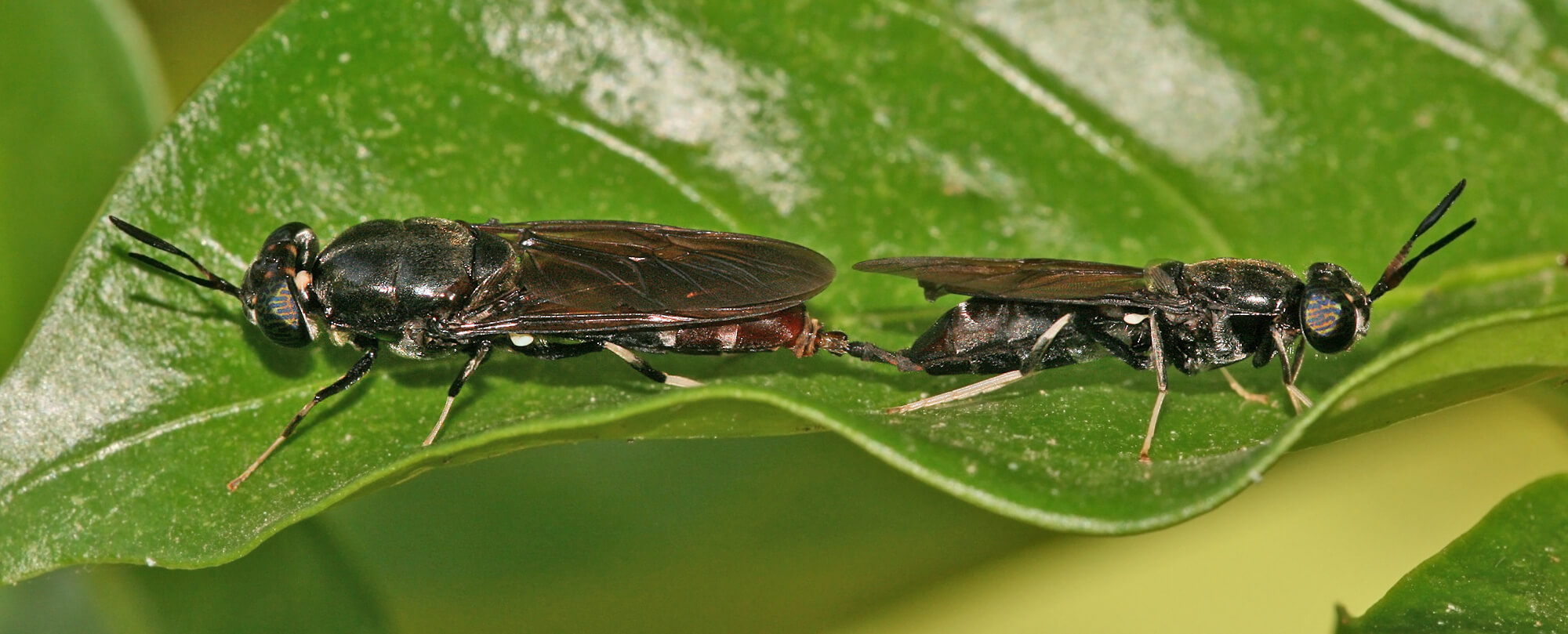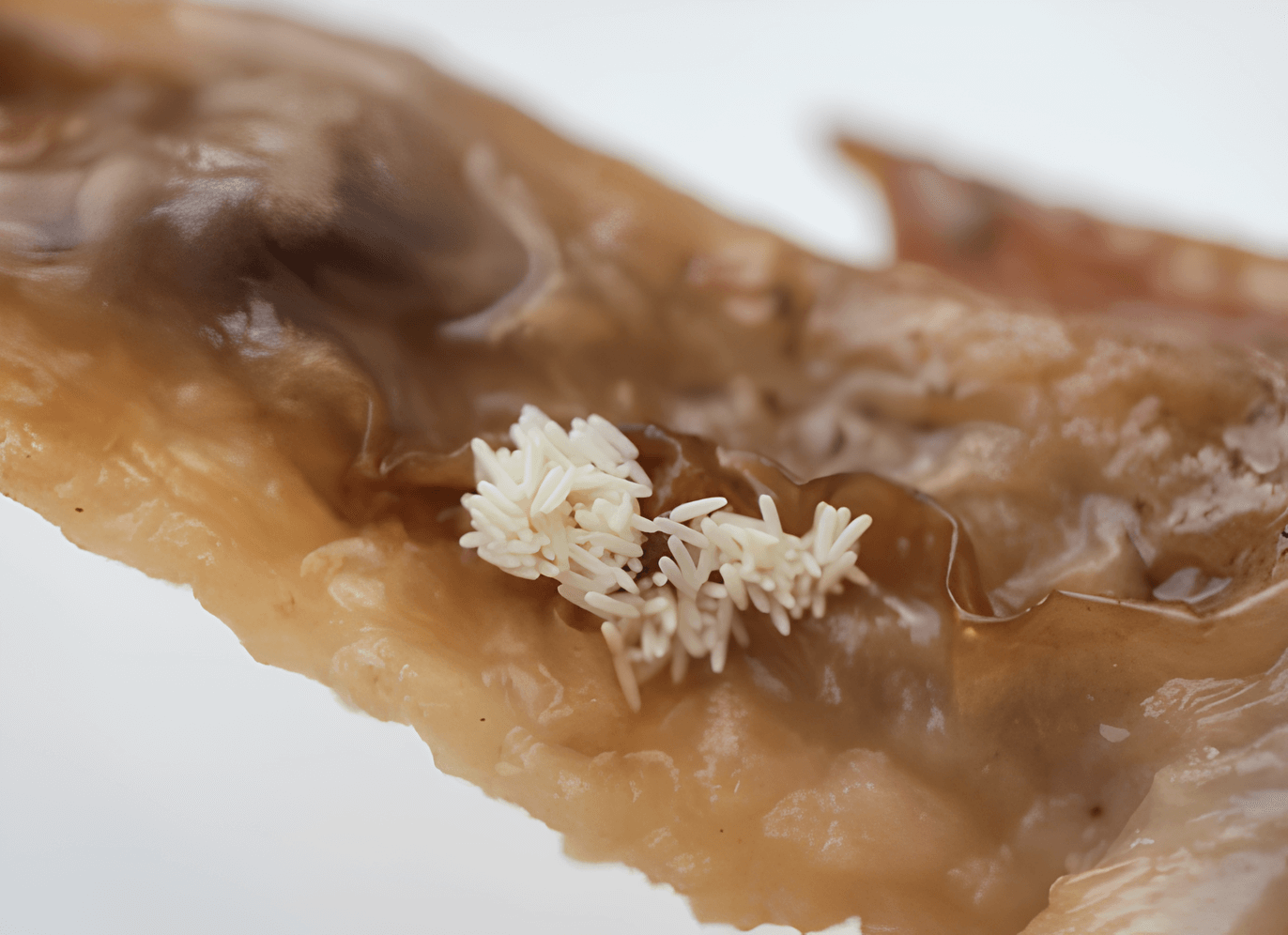Guaranteed quality, optimized for maximum hatching rate and growth.

Our eggs have a consistently high hatching rate, ensuring efficient production.
The newly hatched larvae are healthy and vigorous, ready for rapid growth.
All our eggs and neonates are carefully examined to ensure they are disease-free.
Our BSF strain is selected for rapid development, reaching harvest size quickly.
Our BSF eggs and neonates are carefully produced to ensure the highest quality and performance:
90%+
Hatching Rate
95%+
Survival Rate
Fast
Growth Rate

Learn more about our BSF eggs and neonates, and how they can benefit your insect farming operation.

BSF eggs should be stored in a cool, dark place with high humidity (70-80%) and temperatures between 25-30°C (77-86°F).
Under optimal conditions, BSF eggs typically hatch in 3-4 days.
Yes, our neonates are ready to be used immediately after arrival. Place them in your prepared substrate right away.
The number depends on your production goals. As a general guide, start with approximately 1,000 eggs or neonates per square foot of rearing space.
Yes, we provide comprehensive guidance and support for both new and experienced BSF farmers to ensure your success.
BSF farming contributes to a more sustainable future. Here's how our eggs and neonates play a key role:

Waste Reduction
BSF larvae efficiently process organic waste.
Sustainable Protein
Provides an alternative protein source for animal feed.
Low Environmental Impact
Requires less land and water compared to traditional livestock.
Circular Economy
Supports the principles of a circular economy in agriculture.